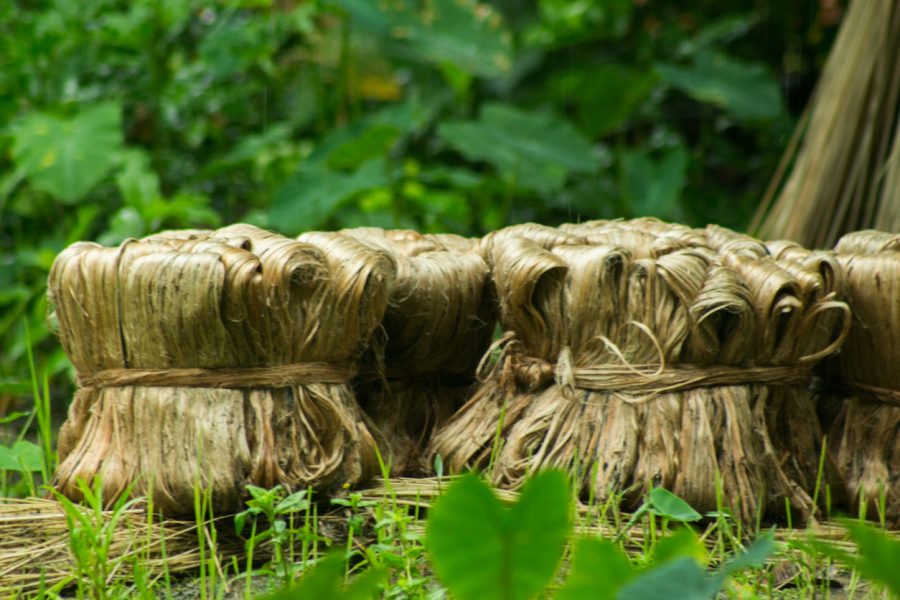
Amid jute mills crisis, Bengal BJP leader supports TMC demand for higher price cap

The jute mills crisis is escalating in West Bengal, widening the rift between the Trinamool Congress-run state government and the BJP government at the centre. At the heart of the issue, according to the state government, lies the Jute Commissioner’s decision to cap raw jute price at ₹6,500 per quintal against the industry demand of ₹7,200 per quintal.
In an unprecedented move, BJP’s Barrackpore MP Arjun Singh has supported the TMC’s demand to reverse the ceiling of raw jute price. In a letter to Union Textile Minister Piyush Goyal on April 19, Singh registered his protest against the Centre’s decision to cap jute prices at ₹6,500 per quintal and said it was equal to “hitting one’s own foot with an axe.”
“I was born in a jute mill, I worked in a jute mill, these people have trusted me and voted for me for years. How can I sit back and watch as 14 jute mills have been closed? Around 3 crore people will be impacted by this draconian decision. If need be, I will stage protests. I completely endorse what CM (Mamata) Banerjee has said on the issue, I hope they (TMC) are more aggressive on this. If need be, I will also speak with them,” he wrote, seeking Goyal’s response within a week.
Appeal in Rajya Sabha
Meanwhile, Sukhendu Sekhar Ray, the chief whip of the Trinamool Congress in the Rajya Sabha, has appealed to the Centre to resolve the jute crisis which threatens the livelihood of around three crore workers engaged in the sector.
Stating that the jute industry in the state is on the verge of collapse, Ray attributed the crisis to the price cap. In separate letters to Union Agriculture Minister Narendra Singh Tomar and Goyal, Ray said that due to the commissioner’s decision, around 15 jute mills in the state have shut shop, leaving over 60,000 workers jobless.
“From November 2021, the Jute Commissioner’s Office is engaged in an unhealthy battle with Bengal’s jute industry on the capping of raw jute price at ₹6,500 per quintal while the industry demand is ₹7,200 per quintal. Chief Minister Mamata Banerjee has publicly opposed the cap imposed by the Jute Commissioner on 30 September 2021, but it has not been removed,” he said in the letters.
While the state government had urged the Jute Commissioner to raise the ceiling of raw jute price to ₹7,200 per quintal, Ray said the latter instead of resolving the problem, has been “engaged in a legal battle with the jute industry.”
Quoting the 2022-23 report of the Commission for Agricultural Costs and Prices, Ray said the acreage of jute has seen a steady decline in the past three years, leading to a slump in supplies by 11 per cent. While stock to user ratio has dipped by 84 per cent, the crop yield has been stagnant for the past five years, he wrote.

